A new report claims that American doctors may finally be heeding the message that public health regulators and advocates have been pushing for decades: Don’t respond to every cough, fever, or sore throat with a prescription for antibiotics. According to the report, antibiotics prescriptions appear to be on the decline, though physicians are still prescribing these drugs in cases where they aren’t helpful, and may actually cause harm. [More]
antibiotic resistance
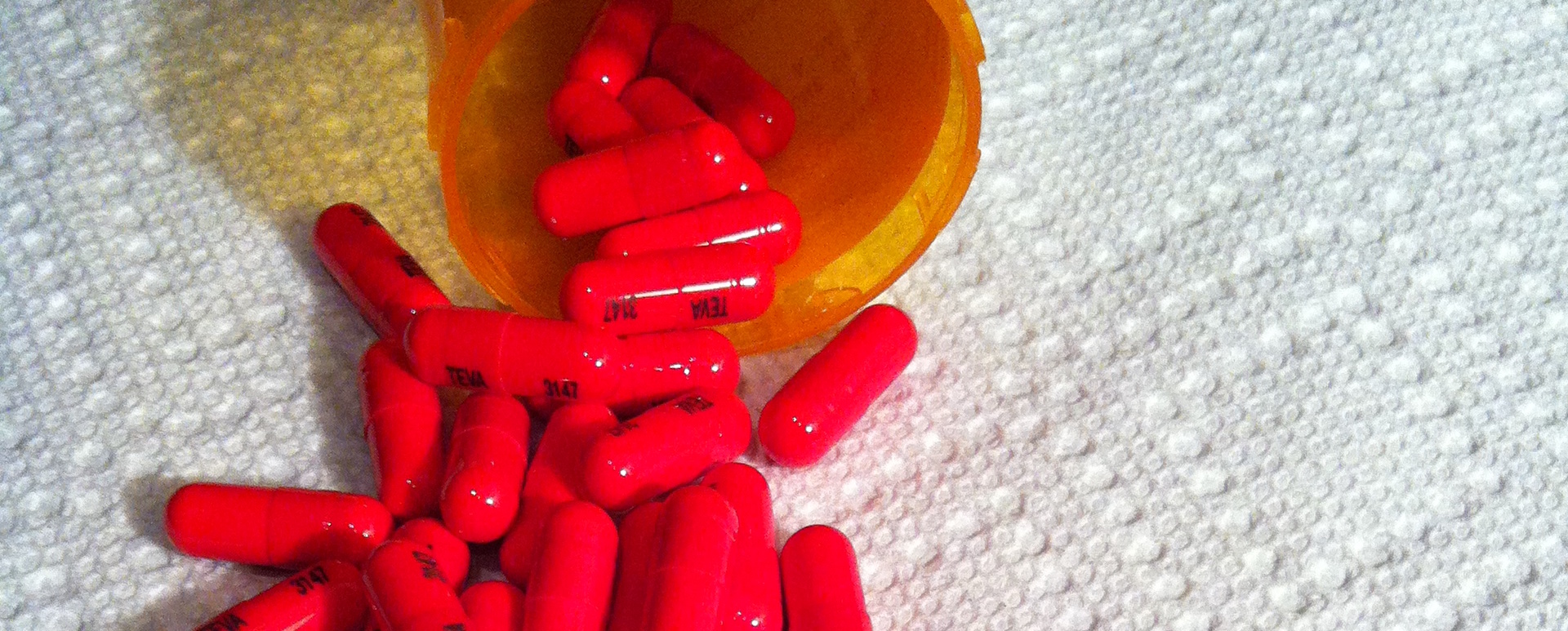
Doctors Finally Prescribing Fewer Antibiotics, But Continue Prescribing Unnecessary Antibiotics

McDonald’s Gradually Expanding Its Use Of Antibiotic-Free Chickens To Rest Of The World
Here in the U.S., McDonald’s says its McNuggets are all already sourced from chickens raised without the use of controversial antibiotics. But the continued overuse of antibiotics in overseas farm animals — particularly in some developing nations where the practice is growing — also puts people worldwide at risk for contracting and spreading antibiotic-resistant bacteria. So today, McDonald’s said it is expanding its antibiotic-free program on a global basis — but not right away. [More]
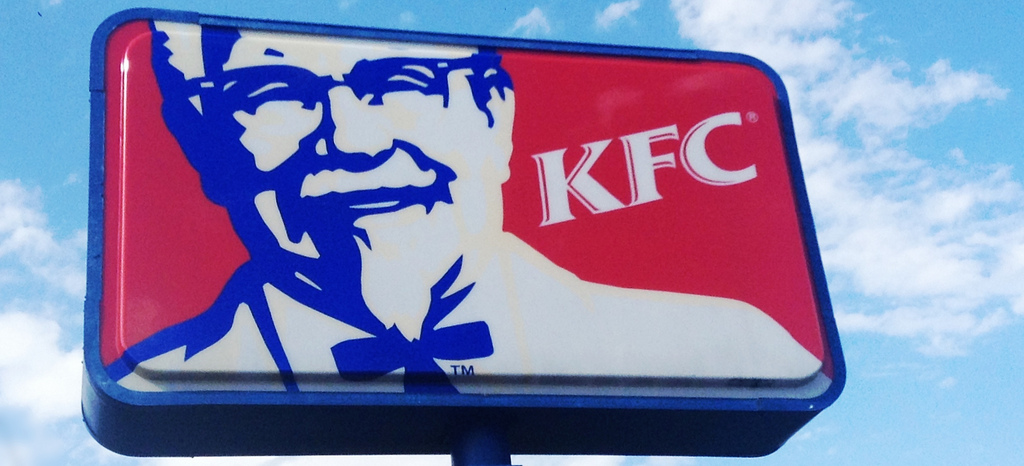
KFC Pledges To Stop Serving Chicken Raised On Antibiotics That Are Medically Important To Humans
KFC is making a big change to its menu, one that investors, customers, and public health advocates have been calling for. This morning, the chicken chain announced it will soon stop serving chickens raised on antibiotics that are medically important to human beings. [More]
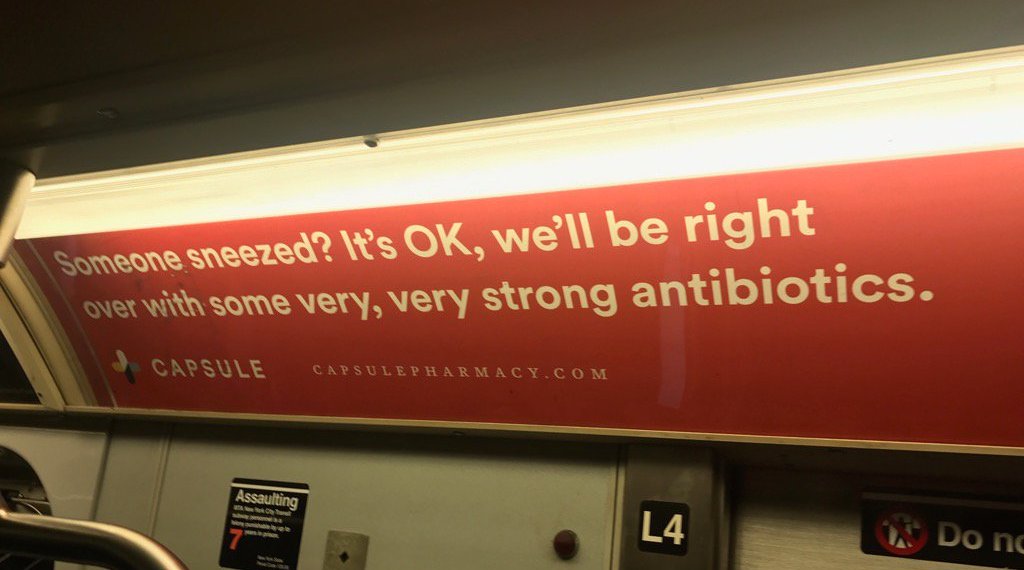
This Pharmacy Ad Suggests “Very, Very Strong Antibiotics” Even When They Won’t Do Any Good
When you’re sick, it makes sense that you want a pill to just make all the symptoms go away, which is probably why some doctors continue to prescribe antibiotics even when they aren’t necessary and may, in fact, cause harm. It probably doesn’t help when a pharmacy perpetuates the myth that we should just take antibiotics whenever we might be sick. [More]
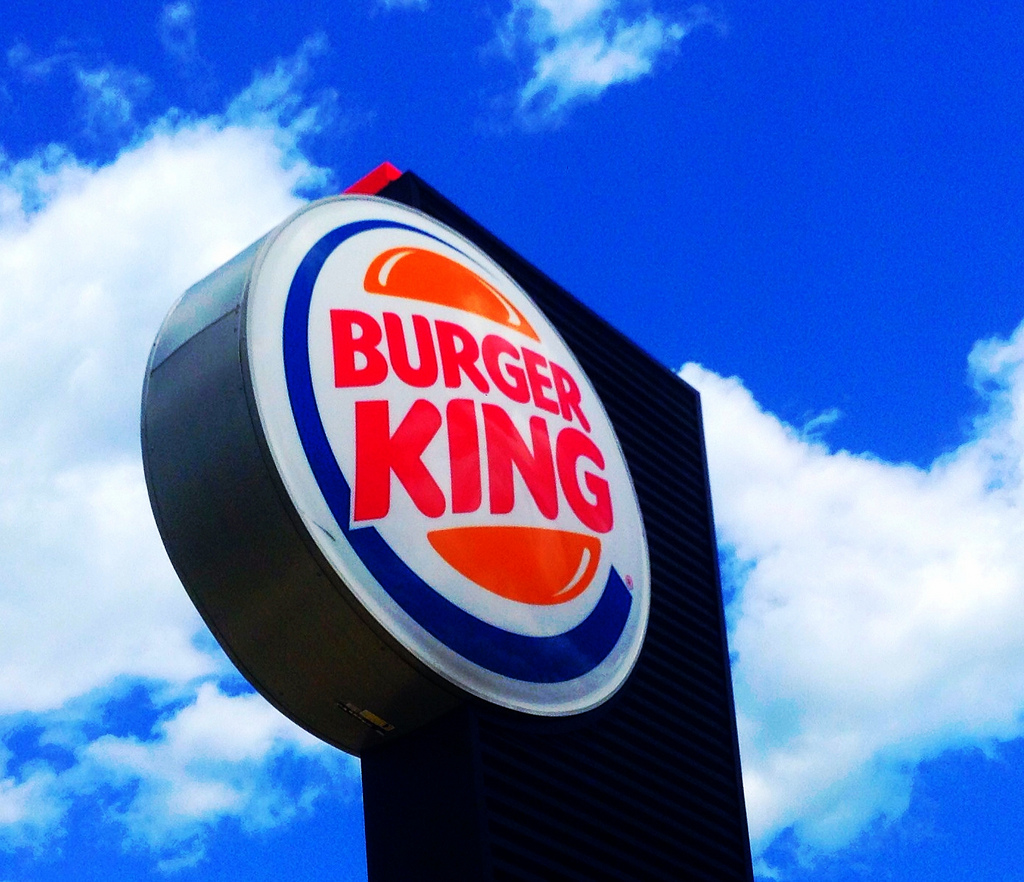
More Than 125,000 People Call On Burger King, KFC, Starbucks & Others To Curb Antibiotics Use
While a handful of fast food chains have made at least some commitment to reducing the use of antibiotics in livestock, the majority of these restaurants still have no policy when it comes to this issue. This morning, CEOs of those companies are receiving a petition signed by more than 125,000, asking them to do their part to help prevent the spread of antibiotic-resistant bacteria. [More]

Burger King, Tim Hortons To Use Fewer Antibiotics In Chicken
Three months after earning its second consecutive “F” grade from public health advocates for its lack of any policy to limit the use of antibiotics in the meat it sources, Burger King’s parent company — which also owns donut chain Tim Hortons — has finally announced plans to cut back on overusing some of these drugs in the chickens it uses. [More]
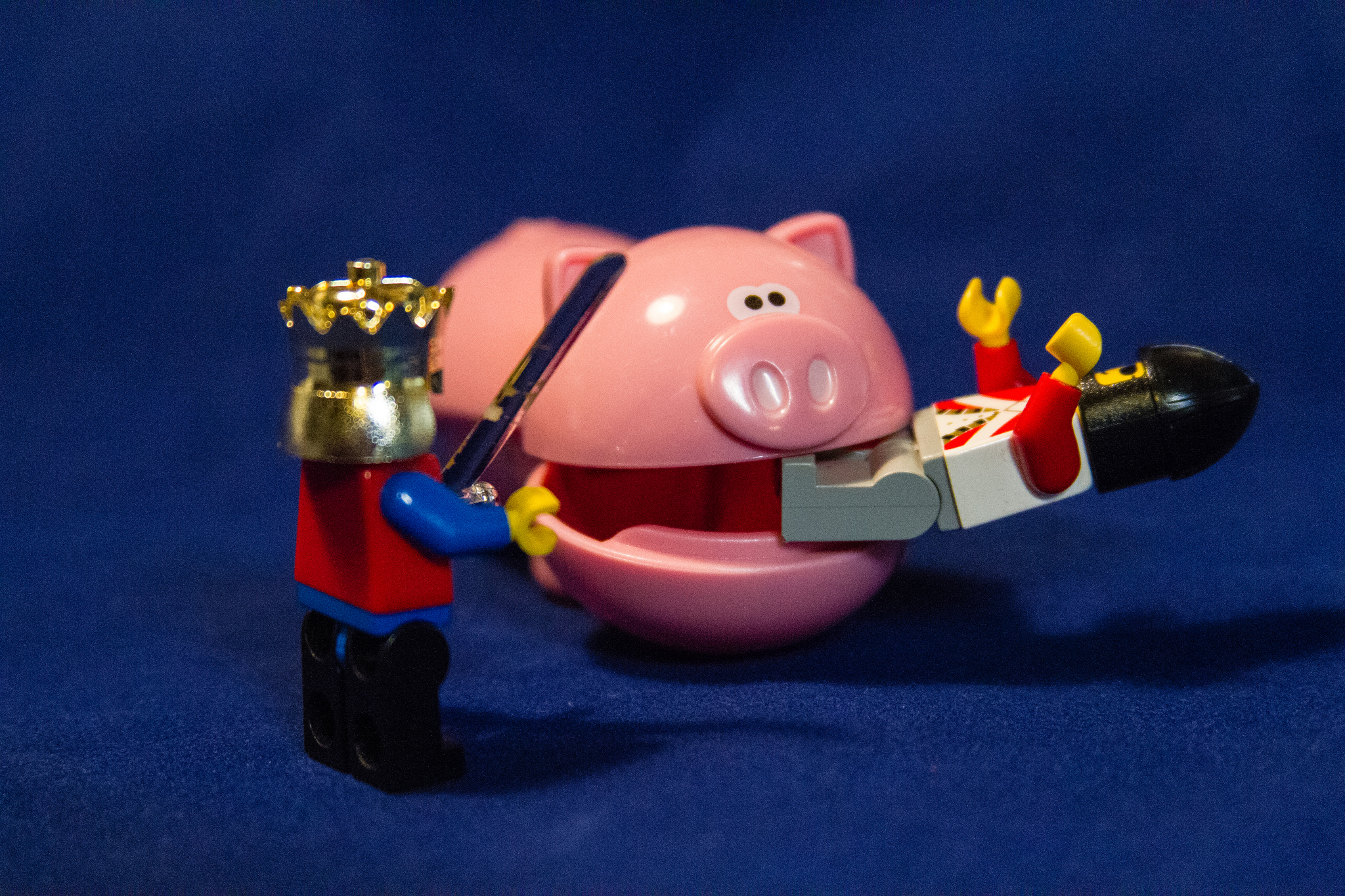
Sales Of Antibiotics For Farm Animals Continues To Increase, Despite FDA Guidance
Three years ago, the Food and Drug Administration — in response to growing concerns about the spread of antibiotic-resistant bacteria — issued long-delayed guidance to the pharmaceuticals industry, asking drugmakers to voluntarily stop selling antibiotics to farmers solely for the purpose of growth-promotion in cows, pigs, and chicken. And while sales of these drugs have indeed slowed, the latest FDA report shows that they are still on the rise. [More]

Why It’s A Problem That Gene For Drug-Resistant Superbug Was Found On U.S. Farm
Antibiotic-resistant strains of bacteria are nothing new on U.S. farms, so why are some people so concerned about the recent discovery, on an American pig farm, of a gene that confers resistance to a vital class of antibiotics? [More]

Only 52% Of Patients With Most Common Infections Receive Recommended Antibiotics
Earlier this year, a study showed that nearly one-in-three antibiotics prescriptions in the U.S. aren’t necessary, and a new analysis of available medical data claims that only half of the people who receive antibiotics for the most common types of infection are receiving the right kind of drug. [More]
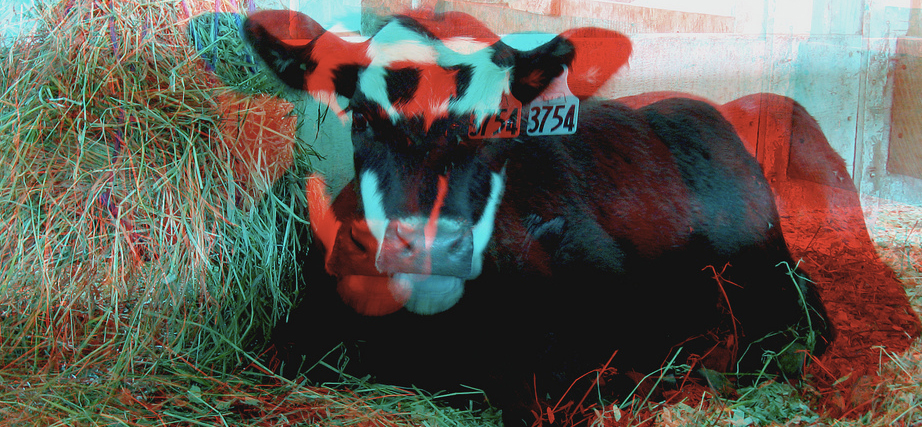
Report: 140 Medically Important Antibiotics Still Questionably Labeled For Farm Use
Companies that make antibiotics for use in farm animals have already agreed to remove growth-promotion indications from their products labels by the end of this year, but a new report claims that a large number of veterinary drugs that are also medically important to humans will still have labels that do little to curb the overuse of antibiotics on livestock. [More]

FDA Rules: You Can’t Sell “Anti-Bacterial” Hand Soap With Triclosan Anymore
After more than half a decade of various proposals, investigations, and dithering, the FDA today has announced that it’s changing the rules. 19 active ingredients in your hand soap — most notably including triclosan, until recently very common — are going to be heading off the market. [More]
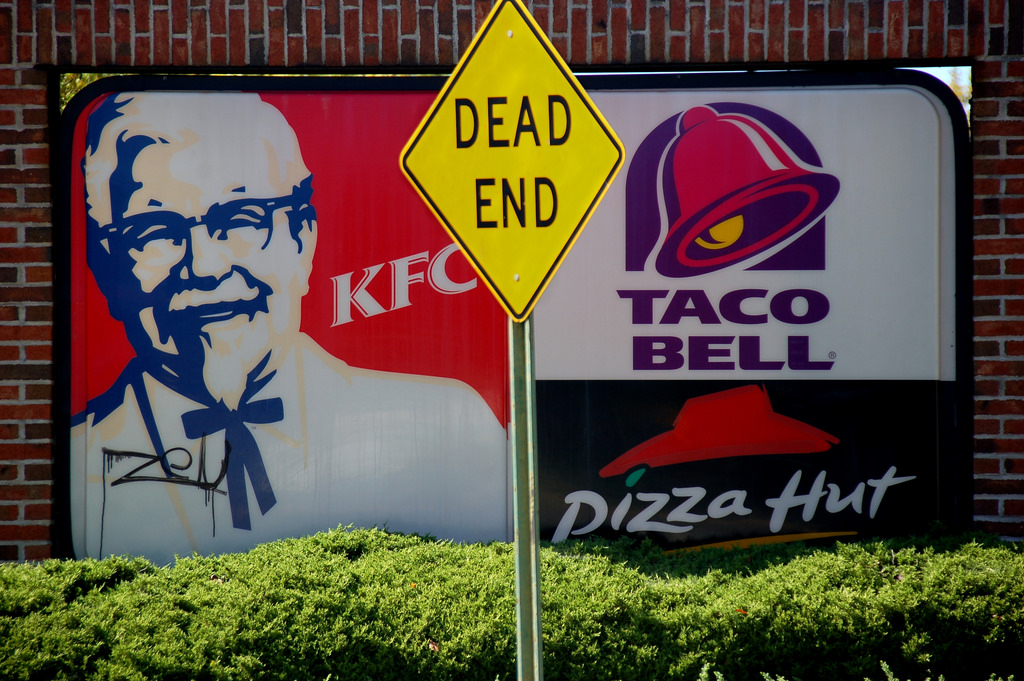
Activist Investors Call On KFC To Phase Out Antibiotics In Chickens
With Wendy’s, McDonald’s, Papa John’s, and Subway all making an effort to curb antibiotics overuse in chicken and other animals, some investors of Yum Brands say it’s time for KFC to do its part. [More]
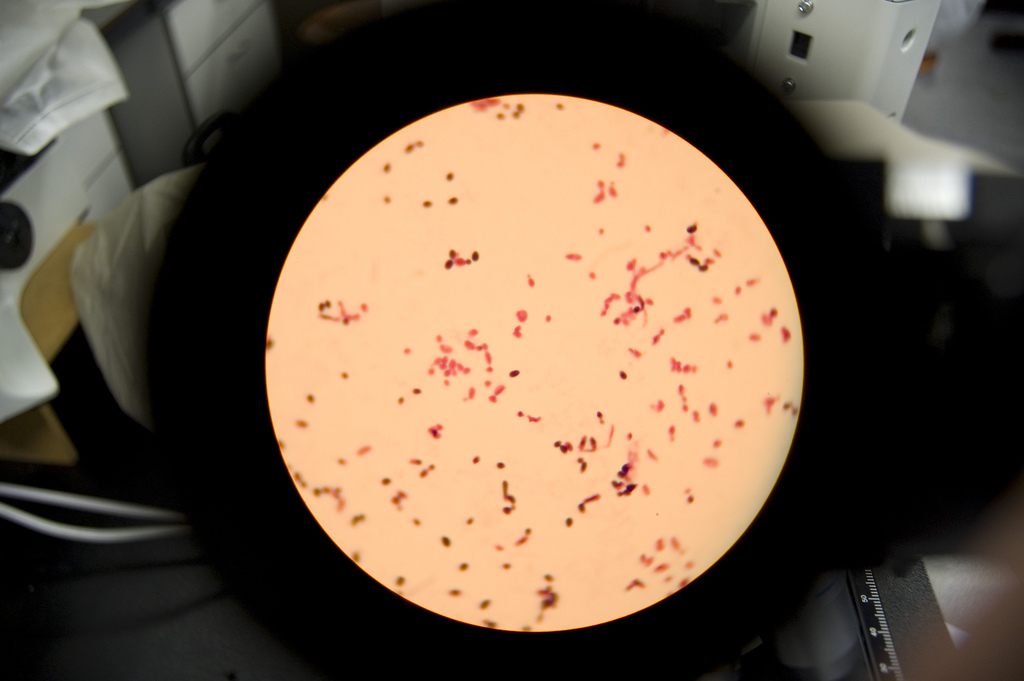
Academic Researchers Trying To Figure Out Especially Sneaky Strains Of Antibiotic-Resistant Bacteria
Lab tests are supposed to tell doctors and researchers which antibiotics will work against a given infection, but some bacteria are able to sneak around these tests. The bacteria appear to be susceptible to the last-line antibiotics that health care providers use against resistant superbugs, but a remnant survives and re-colonizes the patient once the antibiotic treatment is over. [More]
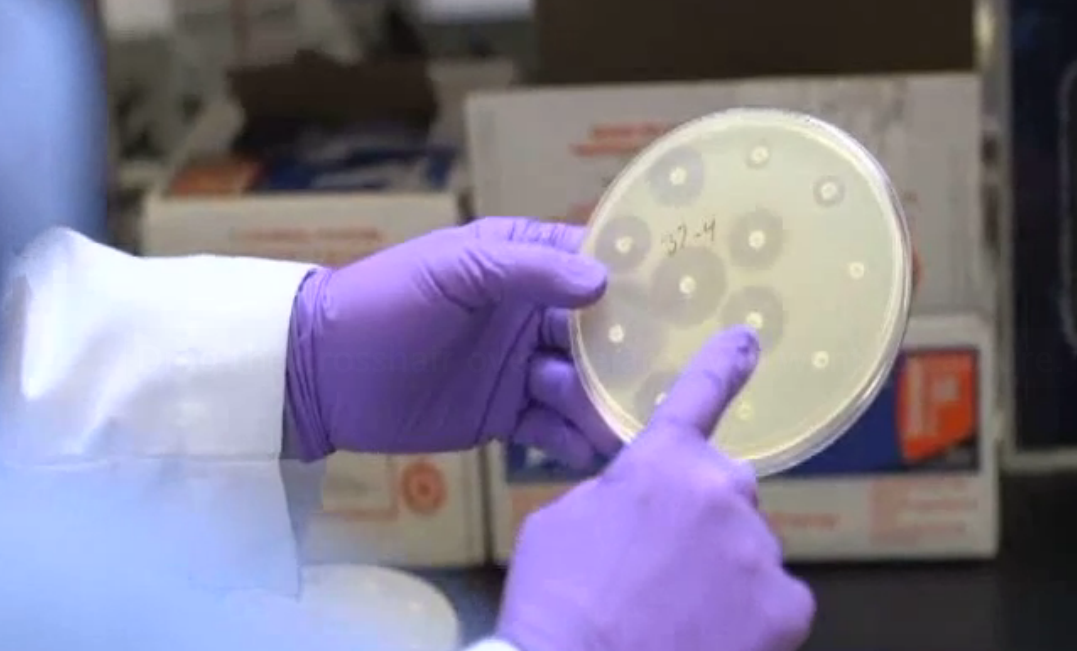
In Wake Of Superbug Scare, Lawmakers Renew Push For New Antibiotics
Last week, military scientists confirmed the discovery of a patient in Pennsylvania infected with a bacteria that was not only resistant to many traditional antibiotics, but also contained a gene (MCR-1) making it resistant to colistin, an antibiotic of last resort used when all others are ineffective. In response, Senators are making a renewed push on bipartisan legislation intended to speed up the approval of new antibiotics. [More]

CDC Director: Drug-Resistant Superbug Means “Medicine Cabinet Is Empty”
You know that scene in action movies where the hero has fired every bullet, thrown every piece of throwable furniture, set off every explosive, but still the bad guy lurches forward? At that point, there’s nothing left for the hero to do but run and pray. After the recent discovery in the U.S. of a bacteria that is resistant to a vital last-resort antibiotic, some scientists believe we’re inching dangerously close to that run-and-pray moment in the world of medicine. [More]

Doctors Find Superbug Resistant To Last-Resort Antibiotic In Pennsylvania Woman
Welcome to the post-antibiotic world. Doctors say that a 49-year-old woman in Pennsylvania was infected with a “truly pan-drug resistant bacteria,” in other words, a bacteria that will not respond to many known antibiotics. [More]

Antibiotic-Resistant Superbugs Could Kill Millions Every Year If Left Unchecked
Each year, some 700,000 people around the world die from antibiotic-resistant infections; that’s more than 1,900 deaths per day. If nothing is done to curb the overuse of antibiotics — in humans, and in livestock and agriculture — these superbugs could eventually kill 1,100 people every hour. [More]

New Rules Will Shed Dim Light On Antibiotics Overuse In Farm Animals
Even though three-quarters of all antibiotics sold in the U.S. are used on farm animals, there is very little information available about how much of which drugs are being fed to cows, pigs, chickens, and turkeys. Newly finalized rules hope to provide more details on how these drugs are being used, but critics say the new data is only a small part of the bigger picture. [More]

